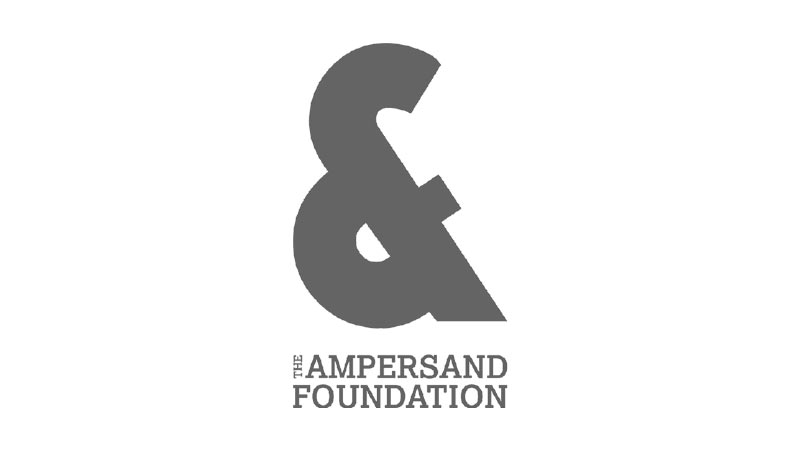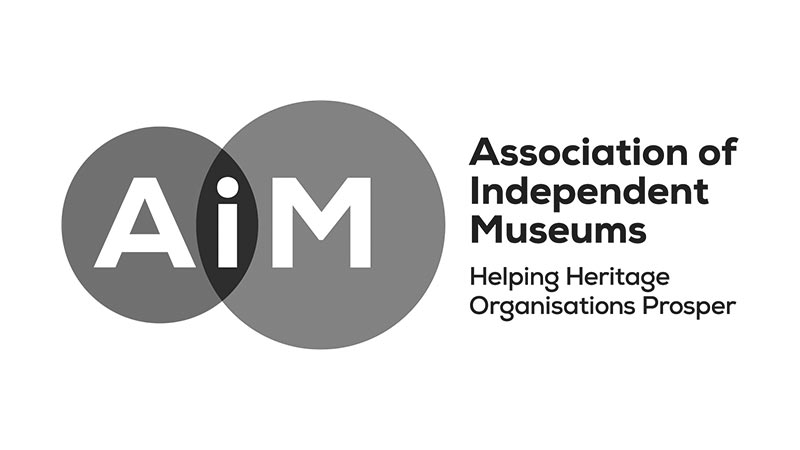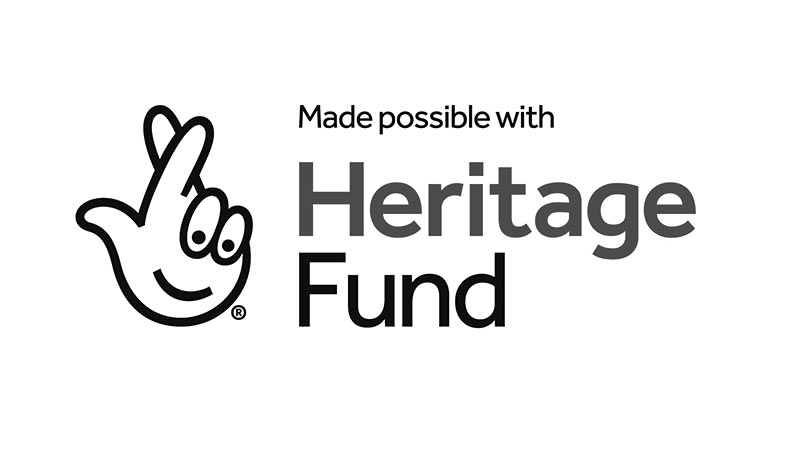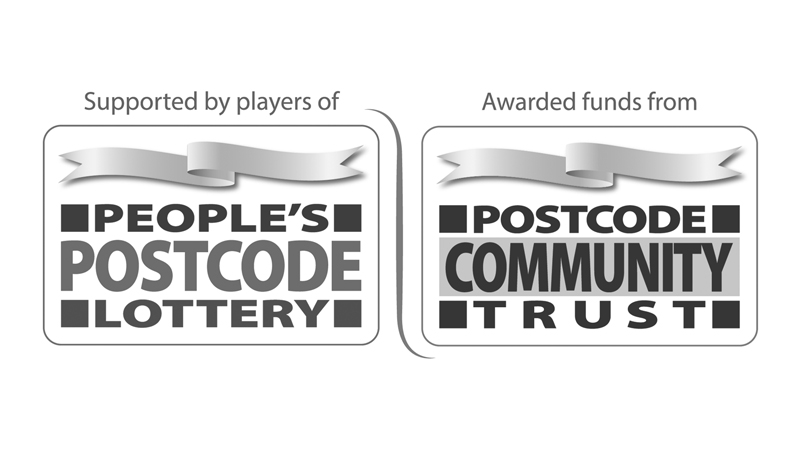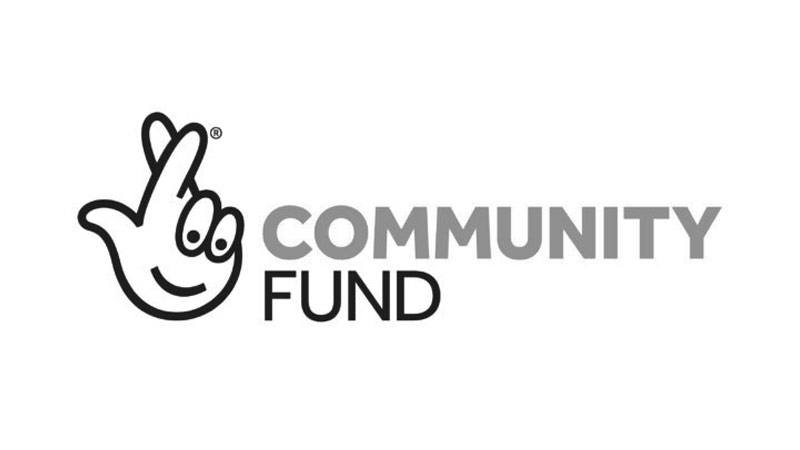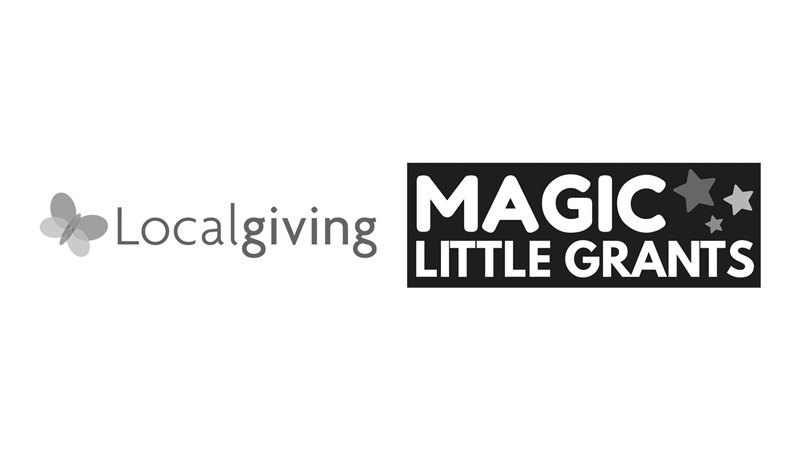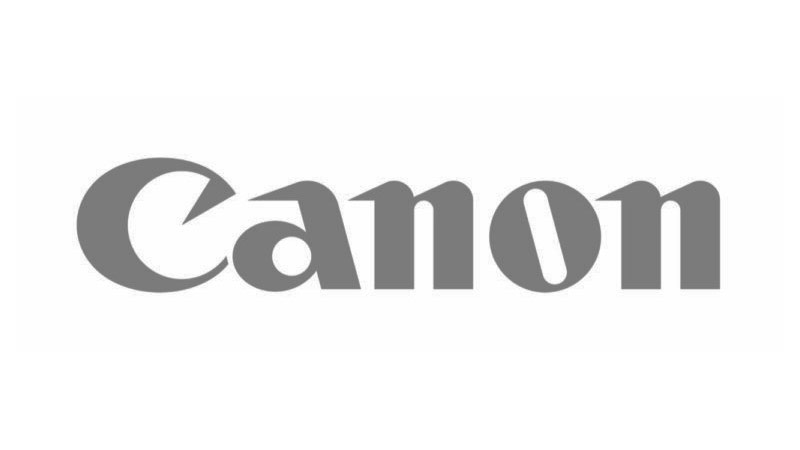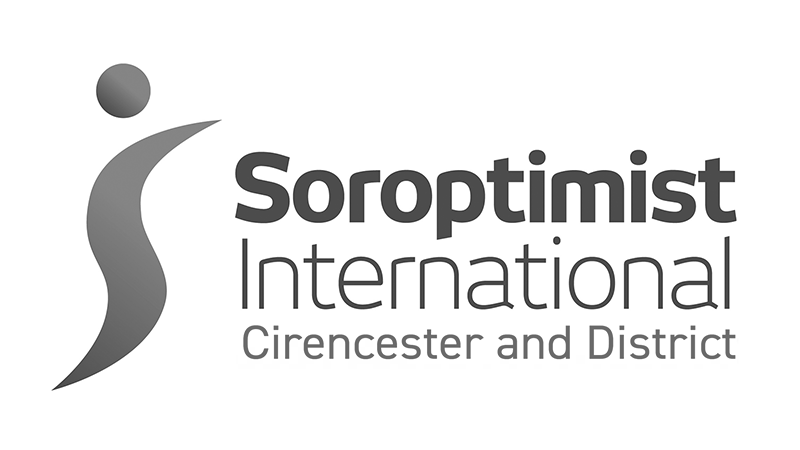Week 21: Notes
Looking at the UK from the perspective of Vienna (where I am), everything is filtered through media, internet or people telling of their personal experiences. This provoked the question UK – OK? The programme tries to collect different voices in answer to that.
Dr Caroline Bressey, a reader in Cultural and Historical Geography at the University College, London and Dr. Gemma Romain, an independent historian specialising in Caribbean and Black British history have curated several exhibitions relating to Caribbean and Black British history including the Tate Britain display ‘Spaces of Black Modernism: London 1919-1939’. In their film they try to trace who the Black models might have been that are portrayed in various paintings. Amanda Kirton looks at her family’s past and thereby recounts the importance that the Windrush Generation played in UK’s post-WWII reconstruction and how laws that are changed to fit political agendas often have drastic consequences for people without giving them a say in it. The Windrush scandal from 2012 was instigated by then Home Secretary Theresa May. As part of the policy of creating a hostile environment she made it very difficult, if not impossible, for (not only) many Jamaican born British people to stay or return to the UK, without having a British passport. Since they were British subjects by birth that was not needed, or so they thought…Fiona Tan is an Indonesian-born visual artist, based in Amsterdam whose work centres around identity, memory and history. In the last part of her Vox Populi series she borrows family photos of Londoners—after work in e.g. Sydney and Tokyo—creating a collective image of the population of each town. The US American artist Martha Rosler, works with photography and photo text, video, installation, sculpture, and performance, and deals here with the connection between the public and the private. In her film she contrasts ex-Prime Minister David Cameron’s alleged concern about the ‘broken society’, that he and his party helped to break, with images of ordinary people. With the increased pressure on minority groups, identity politics might be a strong weapon to support their agenda. BBC producer Scarlett Barter shows that for mixed race people, the fastest growing ethnic minority group in the UK, many important questions are embedded in identity politics. Caroline Criado Perez, a British feminist author, journalist and activist and Selma, the other female discussant have big problems getting obvious points across, being not understood (or intentionally misunderstood) by the moderator and his male guest on the panel. Cheryl L’Hirondelle, a Canadian multidisciplinary media artist, performer and musician of Métis/Cree, French, German, and Polish descent, concludes this programme in her role of an artist in residence at the Horniman Museum in London.
Dr Caroline Bressey, Dr Gemma Romain
London’s Black Artists and Models in the Jazz Age, 4:05
Source: YouTube
Amanda Kirton
From slavery to Windrush: My family’s story, 15:49
Source: YouTube
Fiona Tan
Vox Populi, London, 3:38
Source: Vimeo
Martha Rosler
Because This Is Britain, 3:14
Source: Vimeo
Scarlett Barter
Where does the rise of identity politics leave people of mixed race?, 6:57
Source: YouTube
Caroline Criado Perez: Brexit will be bad for women, 9:35
Source: YouTube
Cheryl L’Hirondelle
Sing Land: SongMark and other Indigenous Illuminations, 4:44
Source: Vimeo
* being open source or obtained from a permitted uploader to either YouTube or Vimeo

